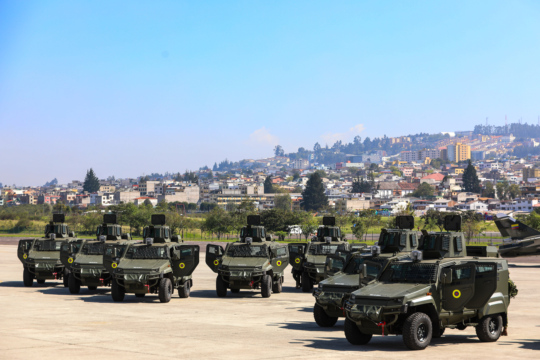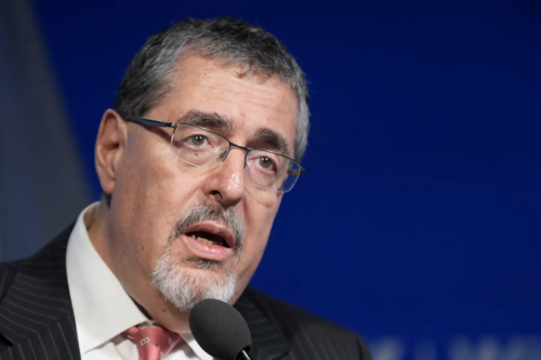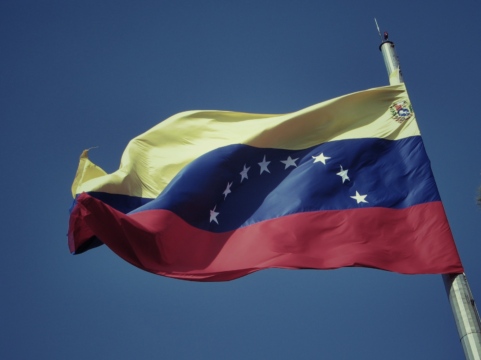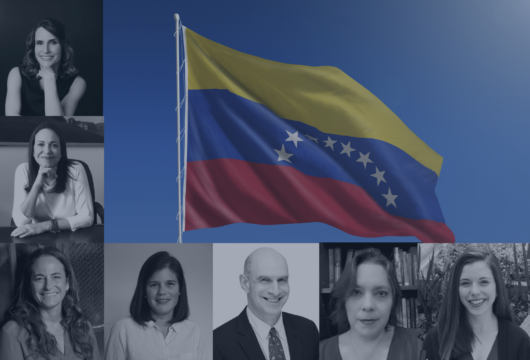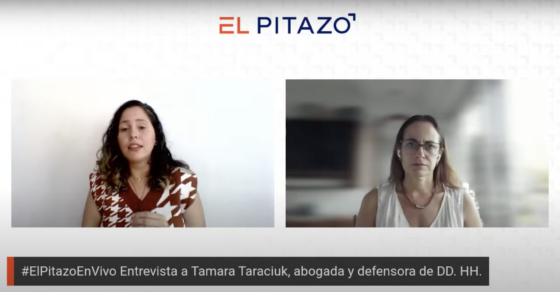Latin America and the Caribbean face a range of challenges, including the dismantling of democratic institutions, rising levels of violence and insecurity, longstanding failures by democracies to address poverty and inequality, as well as limited accountability and transparency amidst rampant corruption, all in a context of post-pandemic economic hardship. Strengthening the rule of law —a system in which norms that govern society are clear, fair, and effectively applied by capable and independent democratic institutions to everyone, including those in power— is key to ensure that democracy can deliver, and address people’s needs.
Launched in 2015 to honor Peter D. Bell, a founding co-chair of the Dialogue’s Board of Directors, the Peter D. Bell Rule of Law Program is the Dialogue’s flagship program on democracy, human rights, anticorruption, and citizen security in the Americas.
